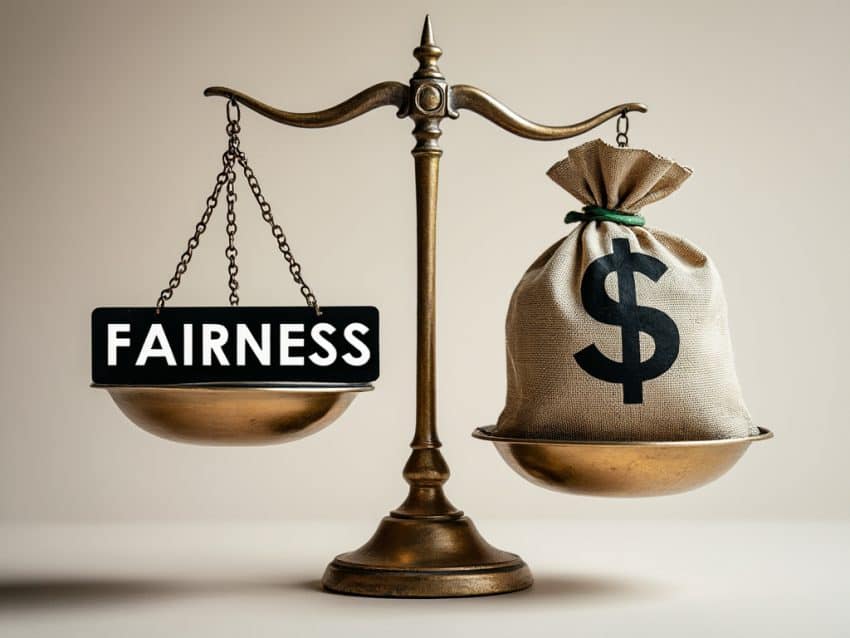Brazil’s political and judicial landscape has been tumultuous, marked by significant events from economic stabilization efforts in the 1990s to the expansive corruption probes like Operation Car Wash. Amidst this backdrop, Supreme Court Justice Alexandre de Moraes has emerged as a central figure in what critics describe as a judicial overreach, particularly in his dealings with political opponents and control over free speech.
Operation Car Wash initially hailed as a monumental anti-corruption effort, led to the conviction of numerous high-profile figures, including former President Luiz Inácio Lula da Silva. However, the operation’s legacy became muddled when convictions, including Lula’s, were annulled on procedural grounds, casting doubt on the impartiality of the judiciary. Enter Alexandre de Moraes, who, since 2019, has been at the heart of Brazil’s battle against “fake news.” His mandate quickly morphed into what many see as a censorship regime, targeting not just misinformation but also political dissent.
Moraes’s actions suggest a dual motive: ostensibly to protect democracy from misinformation and extremism, but potentially also to consolidate judicial power and stifle opposition. His decisions have led to the blocking of social media accounts, including those of political figures and media outlets critical of his or the government’s actions.
Moraes’s proactive stance in ordering investigations, detentions, and content removal without traditional due process hints at an activist judiciary. Critics argue this blurs the separation of powers, with Moraes acting as both judge and enforcer. Given that many targets of Moraes’s orders are linked to former President Jair Bolsonaro or are vocal critics of the current administration, there’s speculation about whether these actions aim to neutralize political opposition under the guise of legal necessity. The international community has raised eyebrows at Moraes’s methods, particularly the blocking of non-compliant social media platforms in Brazil. This move not only impacts freedom of speech but also signals to businesses the risks of operating where judicial decisions can abruptly alter the operational landscape.
The U.S. and other international observers are watching closely. Brazil’s approach to handling misinformation versus preserving free speech could set precedents for how democracies balance these often-conflicting values. The seizure of Starlink’s assets, a company separate from X, to cover fines related to X’s non-compliance with Moraes’s orders, exemplifies a controversial legal strategy that might deter foreign investment and technology engagement in Brazil.
Judge Alexandre de Moraes’s actions encapsulate a broader debate on the limits of judicial power in democratic societies. While his supporters see him as a bulwark against the erosion of democratic institutions, his critics view his methods as an overstep, potentially undermining the very democracy he vows to protect. The situation in Brazil serves as a case study on the delicate balance between combating misinformation and preserving fundamental democratic freedoms. As Brazil navigates this complex judicial-political landscape, the world watches, pondering the implications for global democratic governance.


